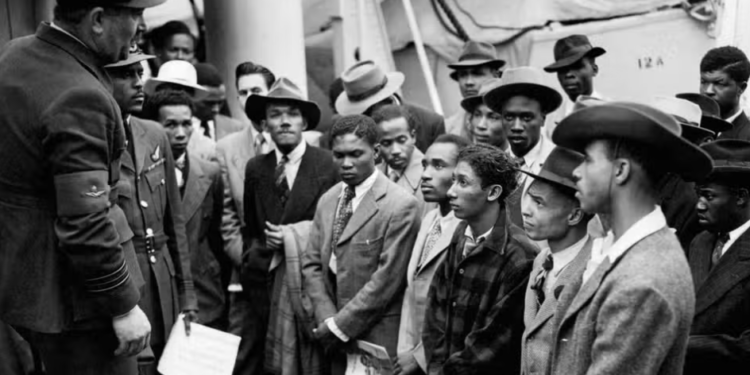Oct 14, 2024 Story by: Editor
Black history should be made a mandatory part of education in England to combat hatred and prevent racist riots, a leading activist has urged.
Lavinya Stennett, founder of the Black Curriculum, highlighted the dangers of restricting black history to just one month or limiting its inclusion to schools with diverse student populations in urban areas. She warned that failing to make diverse teaching widely accessible could have serious consequences, referencing the riots in England and Northern Ireland during the summer.
“As long as we place black history as something only for October, as long as we continue to view black history as something only for black people, or focus it solely on metropolitan areas while ignoring rural regions where many of the riots started, we will continue to see young people remain ignorant, and racism will be fuelled,” Stennett told The Guardian.
Speaking ahead of Black History Month and the release of her upcoming memoir, Omitted: The Untold Black History Lessons We Need to Change the Future, Stennett reflected on her own experiences growing up in foster care and attending pupil referral units. She also discussed the slow progress towards systemic change, despite the heightened interest in black history during the Black Lives Matter movement.
“There is a lack of appetite in this country to systemically recognize the importance of who we are and acknowledge our full humanity. Initiatives that highlight the significance of Black Britons should go beyond just discussing racism,” she said.
Stennett pointed to the national curriculum as a clear example of this resistance. “Why are we still facing so much pushback against having a curriculum that accurately reflects who we are as a people, and why is there no mandatory racial literacy training for teachers, so they can recognize it as a safeguarding issue?” she asked.
She also criticized the previous government for stifling black history education by opposing what it called “anti-white” narratives. The Department for Education’s guidance instructs schools not to engage with groups that promote “victim narratives that are harmful to British society.”
“There were schools we worked with that said they weren’t sure how to engage with us, as they didn’t want to break the law,” Stennett recalled.
She emphasized the need for government support in ensuring that black history is a permanent fixture in the curriculum: “This new government must make it mandatory for all schools to engage with this and ensure teachers undergo the necessary training.”
Stennett argued that clear goals need to be established. “They should set targets, for example, what they want teachers to achieve by 2027. Leaving it up to individual teachers isn’t working,” she explained.
She contrasted England’s approach with that of Wales, where black history lessons have been made mandatory. Stennett has worked with the Welsh organization Diversity and Anti-Racist Professional Learning (DARPL) for the past three years and has noticed a significant difference. “It’s been amazing because there’s a real appetite for change. Not only is it mandatory, but there’s also a reward culture. It’s top-down approved,” she said.
“Whereas in England, what we try to do is still very much bottom-up.”
A spokesperson for the Department for Education said the government had recently launched a review of the curriculum and assessments, aimed at ensuring that young people have access to a broad and balanced curriculum that reflects societal issues and diversities. Source: The Guardian

















